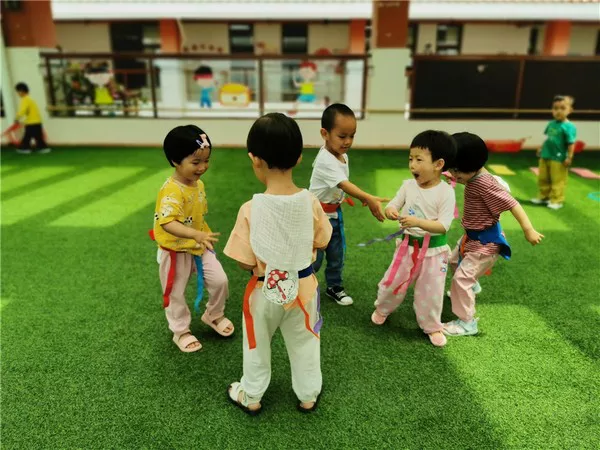In response to alarming statistics indicating a rise in suicide attempts among Iowa high school students, new funding has been secured to enhance mental health services for the state’s youth over the next three years. The University of Iowa Health Care experts stress the critical timing of this funding, as the pandemic has significantly impacted mental health across the region.
A $2.25 million grant, facilitated through the Iowa Department of Health and Human Services, will be allocated to the Iowa Pediatric Mental Health Care Access Program. This program, which has been utilizing the grant for the past five years, focuses on expanding mental health services statewide.
The primary objective of the initiative is to increase the number of mental health care providers in Iowa, addressing a notable shortage, especially in rural areas. Dr. Tom Scholz, a professor of pediatrics at the University of Iowa and Iowa’s Title V Children and Youth with Special Health Care Needs Director, emphasizes the importance of expanding telepsychiatry services, particularly in rural regions where access to mental health professionals is limited.
Collaborating with UI’s child health care experts, UI’s College of Education, primary care physicians, and mental health providers, the initiative aims to bring mental health services directly to students at school. The Scanlan Center for School Mental Health and UI’s College of Education are pivotal players in this effort.
Linn-Mar, an educational district in Iowa, is already taking steps to address mental health concerns. They have a student assistance counseling team covering Kindergarten through 12th grade, along with school counselors in each building, providing emotional, social, and academic support. Recognizing the significance of early intervention, they stress the importance of tackling mental health issues with children sooner rather than later.
To meet the growing demand for mental health services, the grant renewal will play a crucial role in expanding resources and support for youth and adults alike. Additionally, local resources like Foundation Two are recommended for crisis and intervention services, further emphasizing the collaborative approach required to address mental health challenges effectively.



























